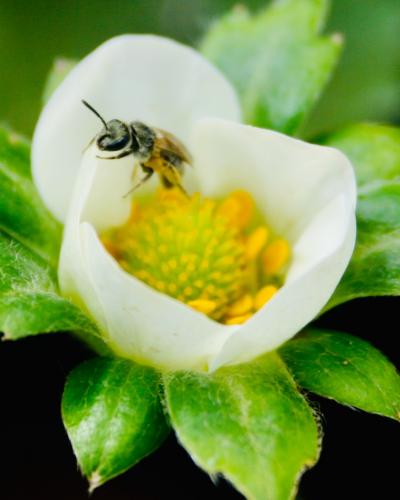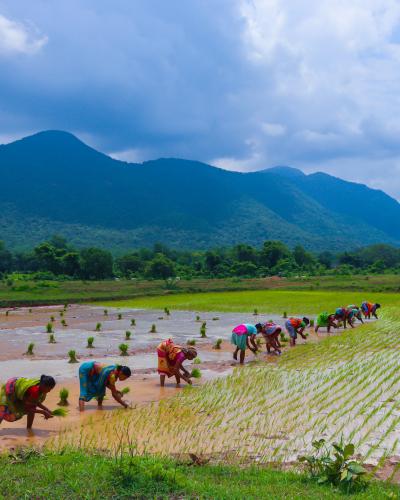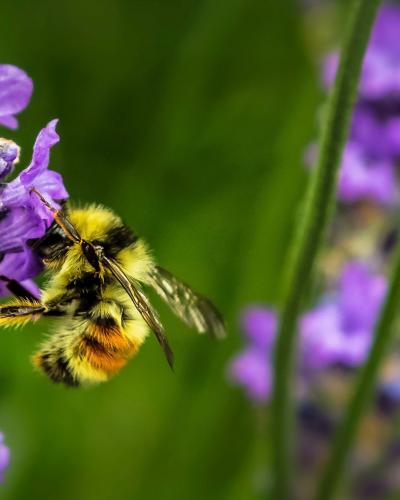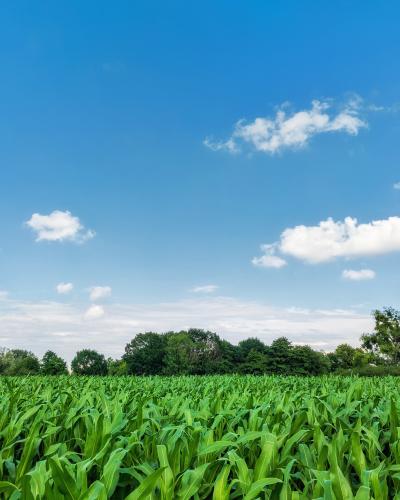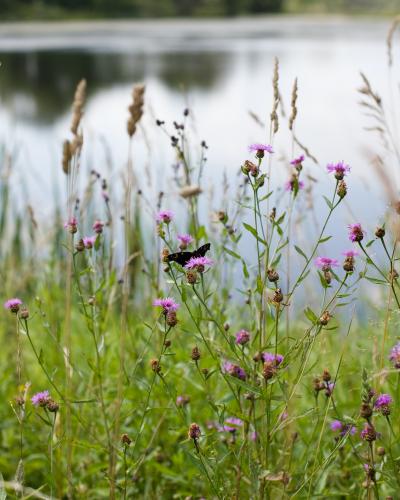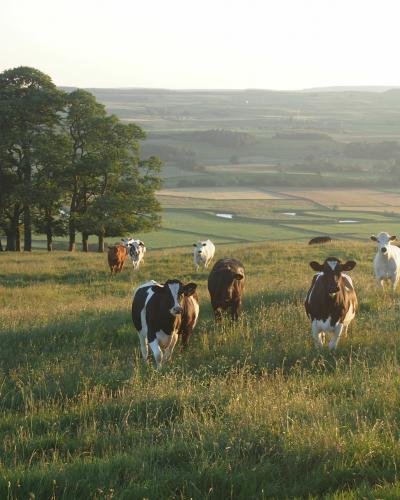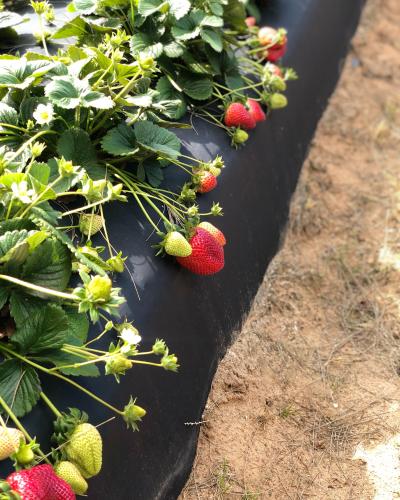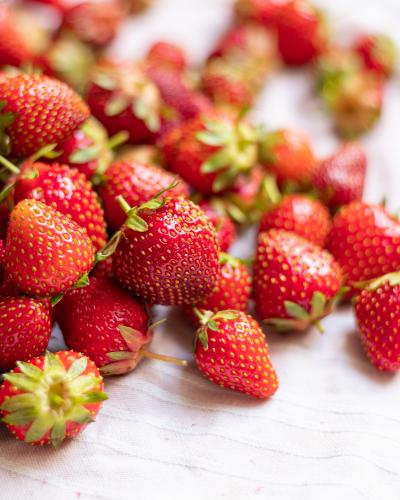When farmers increase the number of crops in their fields, this in turn changes the landscape, and wild pollinators stand to benefit, according to a paper published yesterday in...
Apr 27, 2022
For the first time, researchers evaluated if a statewide initiative that pushes all farmers in the state of Andhra Pradesh...
Dec 13, 2021
A recent study published in the journal Insect Conservation and Diversity found that non-crop flowering fields are helpful in attracting bumblebees to cropland, but organically managed crops rich...
Nov 22, 2021
A recent study published in Agronomy Journal found that using perennial living mulches can regenerate soil health faster and with less cost than using annual cover crops. There are many benefits...
Nov 15, 2021
Industrialized chemical agriculture has caused a decline of many important insects across the globe, while organic farming can promote biodiversity by using fewer harmful sprays and by providing...
Nov 01, 2021
The ever-growing global population demands more food production, while at the same time, increased farming intensity has contributed to the depletion of important insect populations. A recent...
Oct 18, 2021
Using biological soil amendments in organic farming is the most effective way to store carbon in the ground to fight climate change and boost soil health for better food production. And since...
Aug 23, 2021
A study published in Soil Science Society of America Journal shows that organic farming emits fewer greenhouse gases and has lower global warming potential than conventional farming. The study...
Mar 22, 2021
Toxic soil fumigants that fight soil-borne diseases and ensure crop production continue to be banned to protect the health and safety of rural communities. Organic farmers and conventional farmers...
Feb 15, 2021
A new study published in the journal Pest Management Science showed that semiochemicals can effectively manage one of the most economically damaging pests in organic strawberry production, the...

